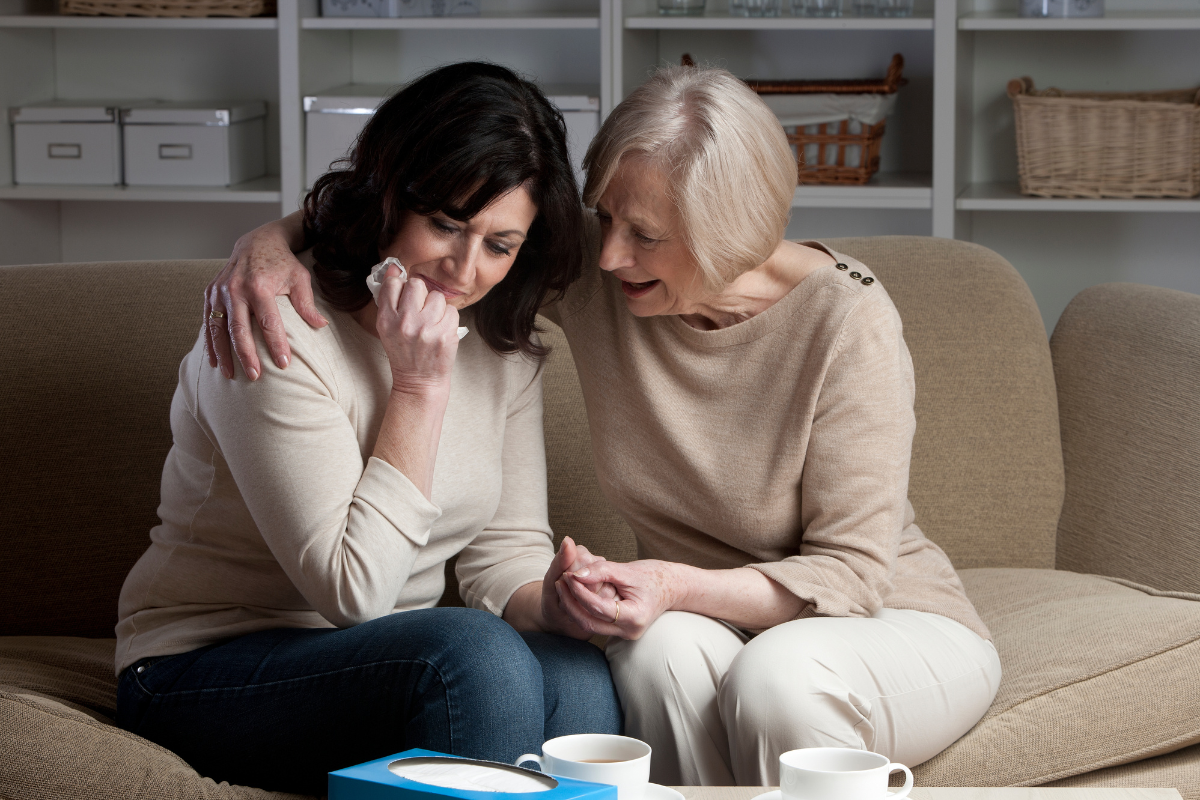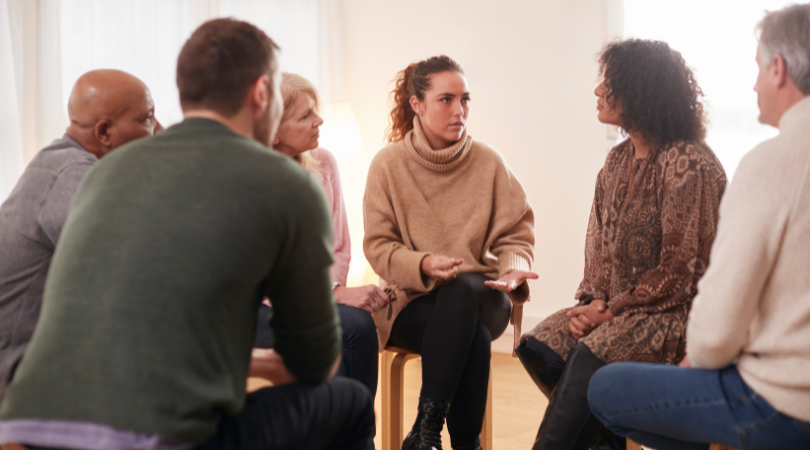Understanding the Grief Journey: Navigating Loss and Healing

Grief is a natural response to loss and a deeply personal journey that we all experience at some point in our lives. When we encounter loss, whether it's the death of a loved one, the end of a relationship, or a significant life change, it can feel overwhelming and challenging to navigate. Understanding the grief journey and finding healthy ways to cope with loss is essential for healing and moving forward.
Acknowledge and Accept Your Emotions
When faced with loss, it's important to acknowledge and accept the emotions that arise. Grief can bring about a range of emotions, including sadness, anger, guilt, confusion, and even relief. Allow yourself to feel these emotions without judgment or suppression. Give yourself permission to cry, express your thoughts and feelings, and embrace the ups and downs that come with grieving. Recognize that these emotions are a natural part of the healing process.
Give Yourself Time and Space
Healing takes time, and there is no set timeline for grief. Each person's grief journey is unique, and the duration and intensity of grief vary from individual to individual. Be patient with yourself and give yourself permission to grieve at your own pace. Avoid putting pressure on yourself to "move on" or "get over it" quickly. Understand that healing is a gradual process, and it's okay to take the time and space you need to process your emotions and find your new normal.

Seek Support and Connection
Grief can feel isolating, but you don't have to go through it alone. Seek support and connection with others who can provide comfort and understanding. Reach out to friends, family, or support groups who can listen and offer support. Sharing your feelings and experiences with others who have gone through similar losses can be particularly helpful. If needed, consider seeking professional help from therapists or counselors who specialize in grief and loss. Remember, reaching out for support is a sign of strength, not weakness.
Practice Self-Care and Self-Compassion
During the grieving process, it's crucial to prioritize self-care and self-compassion. Take care of your physical, emotional, and mental well-being. Engage in activities that bring you comfort and solace, whether it's spending time in nature, practicing mindfulness, journaling, or engaging in creative outlets. Ensure you're getting enough rest, eating nourishing foods, and exercising regularly. Be gentle with yourself and practice self-compassion throughout your grief journey. Allow yourself to feel and heal without judgment or self-criticism.

Embrace Healing Rituals and Meaning
Finding ways to honor and remember what or whom you have lost can bring a sense of healing and connection. Embrace rituals or activities that hold meaning for you. Light a candle in memory of your loved one, create a memory box, write a letter, or engage in acts of kindness in their honor. Find ways to incorporate their memory or the significance of what was lost into your life. Embracing healing rituals and finding meaning in your loss can help you move forward while still honoring the past.
The grief journey is a complex and deeply personal experience that accompanies loss. Understanding the different aspects of the grief journey and finding healthy ways to cope with loss is crucial for healing and finding a sense of peace.
Crossroads Hospice & Palliative Care offers complimentary Grief Recovery Groups in all the communities we serve. Call us at 1-888-564-3405 to learn more.
If you found this information helpful, please share it with your network and community.
Copyright © 2023 Crossroads Hospice. All rights reserved.




